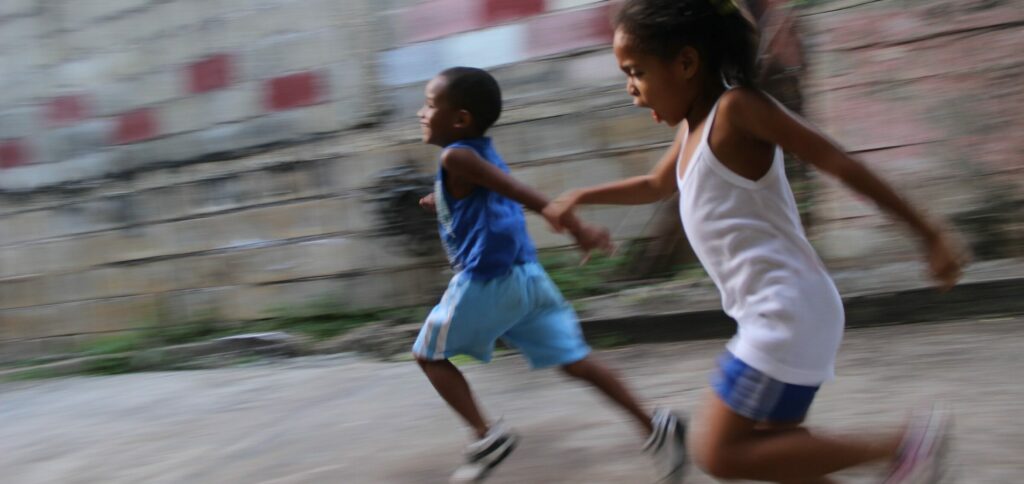Racism and discrimination against children based on their ethnicity, language and religion are common in countries around the world. The conclusion is from the new Unicef report, published on the eve of World Children's Day, on November 20th.
ADVERTISING
The study shows the extent to which racism and discrimination affect education, health, children's access to birth registration and an equal justice system, as well as inequalities between minorities and ethnic groups.
Among several alarming findings, “Denied rights: The impact of discrimination on children" (🇬🇧) reveals – when analyzing 22 low- and middle-income countries – that children from marginalized ethnic, linguistic and religious groups are far behind in reading ability. On average, students aged 7 to 14 from more advantaged groups have twice the chance of learning to read than those from the less advantaged group.
Read also
(🚥): may require registration and/or signature
(🇬🇧): content in English
(*): content in other languages is translated by Google Tradutor
ADVERTISING





